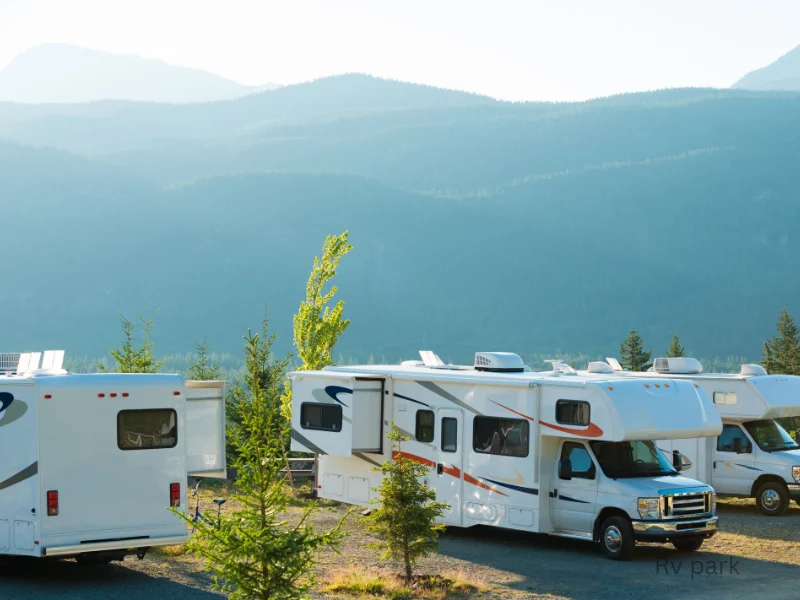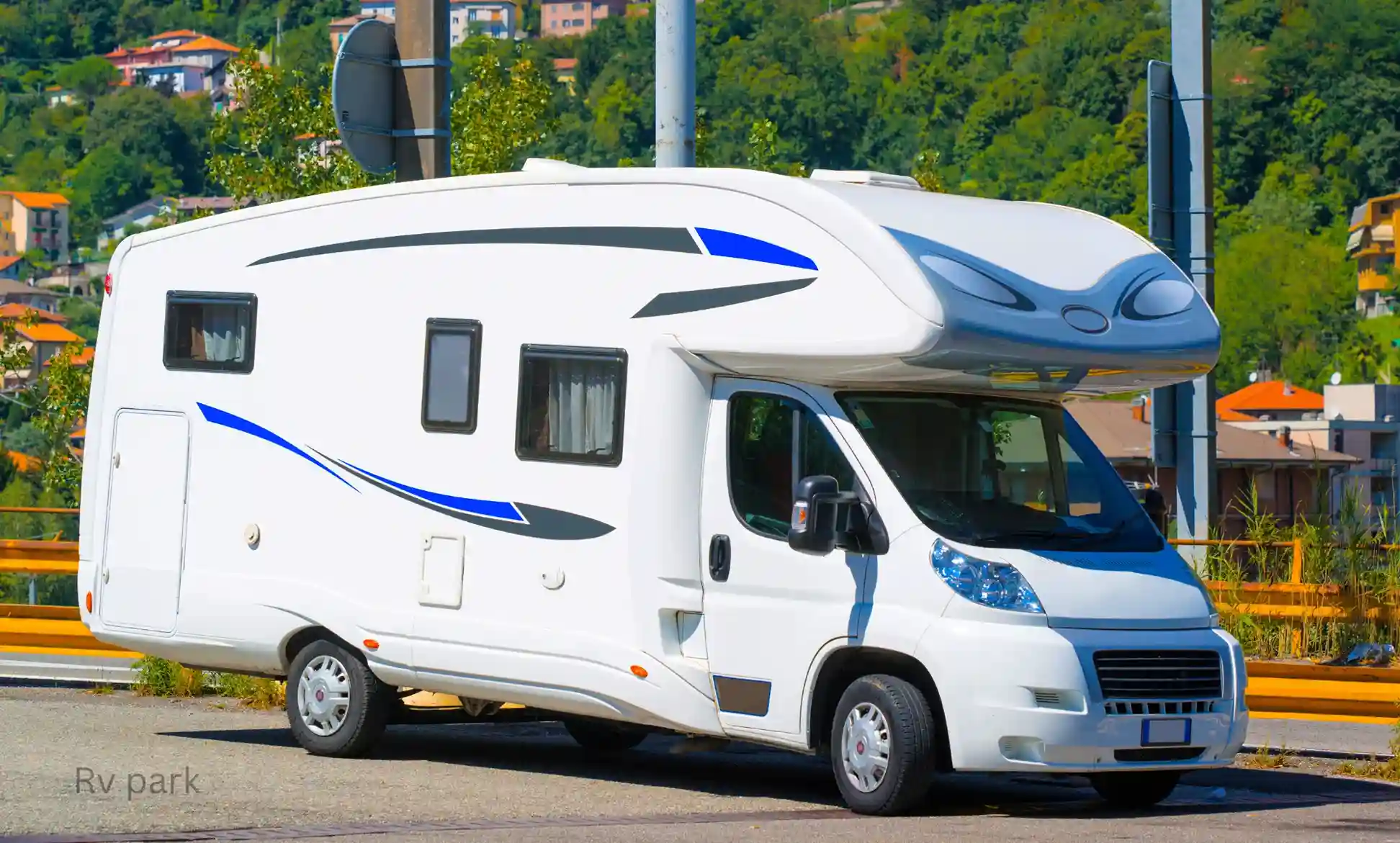
Thinking about parking your RV on the street? Learn the regulations and tips to stay safe and legal while planning your next stop!
Traveling by RV offers the flexibility to explore destinations on your own schedule. However, street parking can quickly become confusing for many RV owners. Can you safely park your RV on the street without risking tickets or towing? The answer varies based on where you are, local RV parking regulations, and the size or class of your RV. Knowing these rules in advance helps you avoid unnecessary trouble and enjoy a stress-free trip.
Many RV owners also underestimate how much space their vehicle takes up on the street. Unlike a standard car, recreational vehicle parking can block sidewalks, driveways, or fire hydrants if not positioned carefully. Even short stops can sometimes lead to RV parking complaints from neighbors or citations from local authorities. By planning ahead and knowing the local rv parking regulations, you can choose the best spot, stay within the law, and enjoy your travels without unexpected interruptions.
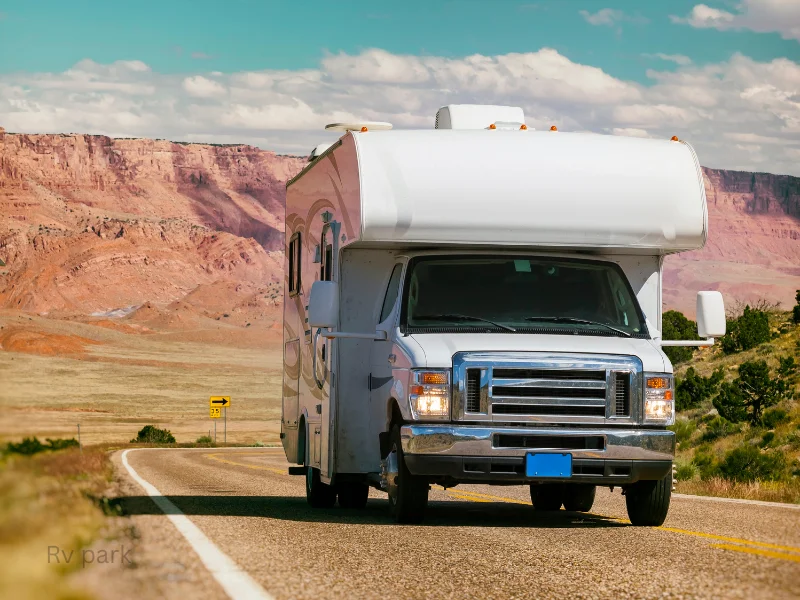
Before parking your RV on the street, understanding local rules is essential. RV parking regulations differ by city, county, and neighborhood, and knowing them helps you avoid fines, complaints, or towing. Here’s what to keep in mind:

Parking your RV on your property is often simpler than on the street. Many cities allow rv parking on residential property, whether it’s in your driveway, side yard, or backyard, as long as it doesn’t block sidewalks or neighbors’ views.
For those considering travel trailers to live in full time, there are usually additional restrictions. Some HOAs or cities limit how long your RV can remain visible or require it to be stored behind a fence. Following these RV regulations keeps your RV secure and avoids complaints.
If you’re looking for long-term options, Midland East RV Park offers secure parking solutions and guidance on local rules, so you can enjoy your RV without worries about breaking the law or facing fines.
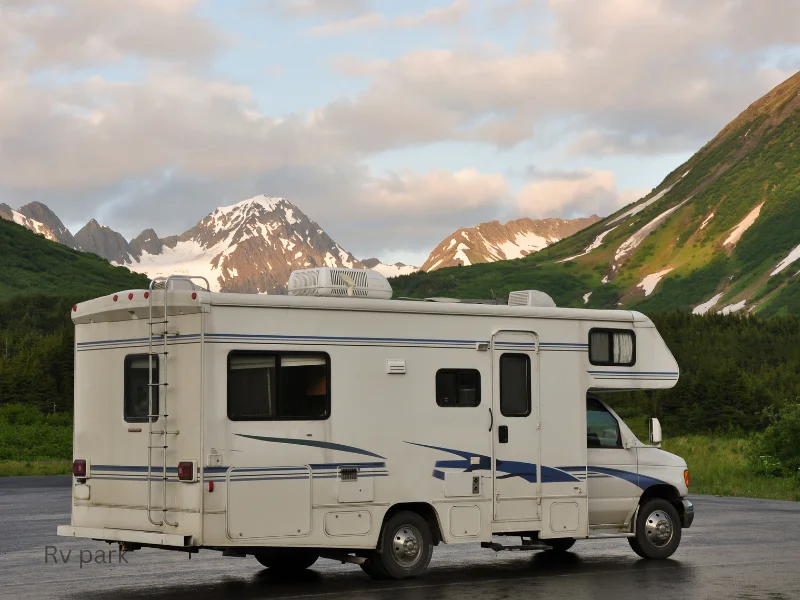

.
Street parking isn’t always safe or convenient. Dedicated RV parks, campgrounds, and storage facilities offer security, legal parking, and useful amenities. Here are the top options:
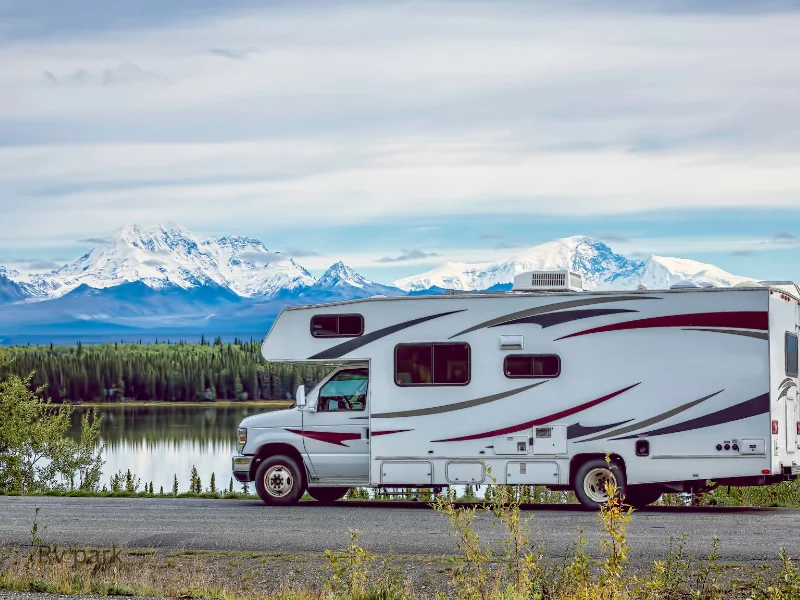

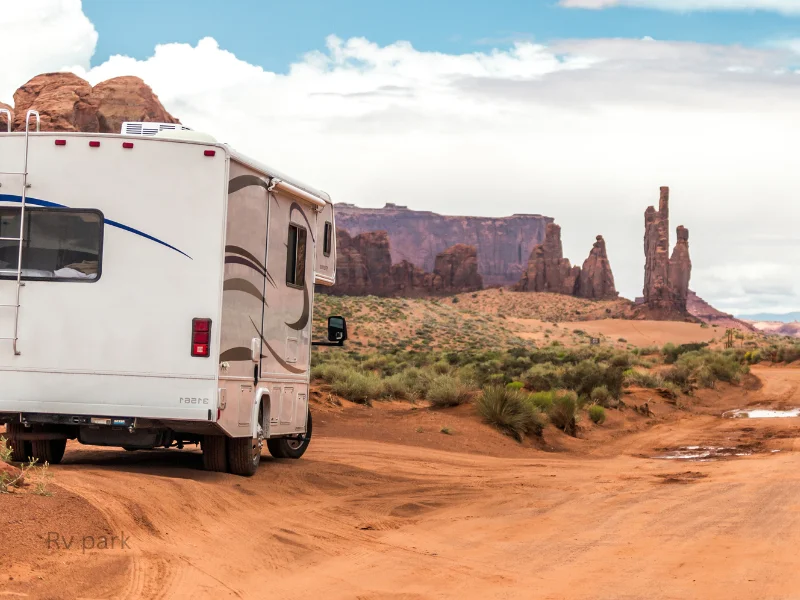
Choose Short Term RV Parking at Midland East RV Park for a safe and legal option near home. Street parking can be convenient, especially for quick stops, but it has limitations:
Pros of Street Parking – Quick and Convenient Stops
Cons of Street Parking – Hidden Risks to Watch For
RV parks, however, provide peace of mind:
For families or longer stays, choosing a proper RV park makes life simpler. Consider a Family Friendly RV Park in Midland TX for a stress-free experience with amenities tailored to all ages.

.
